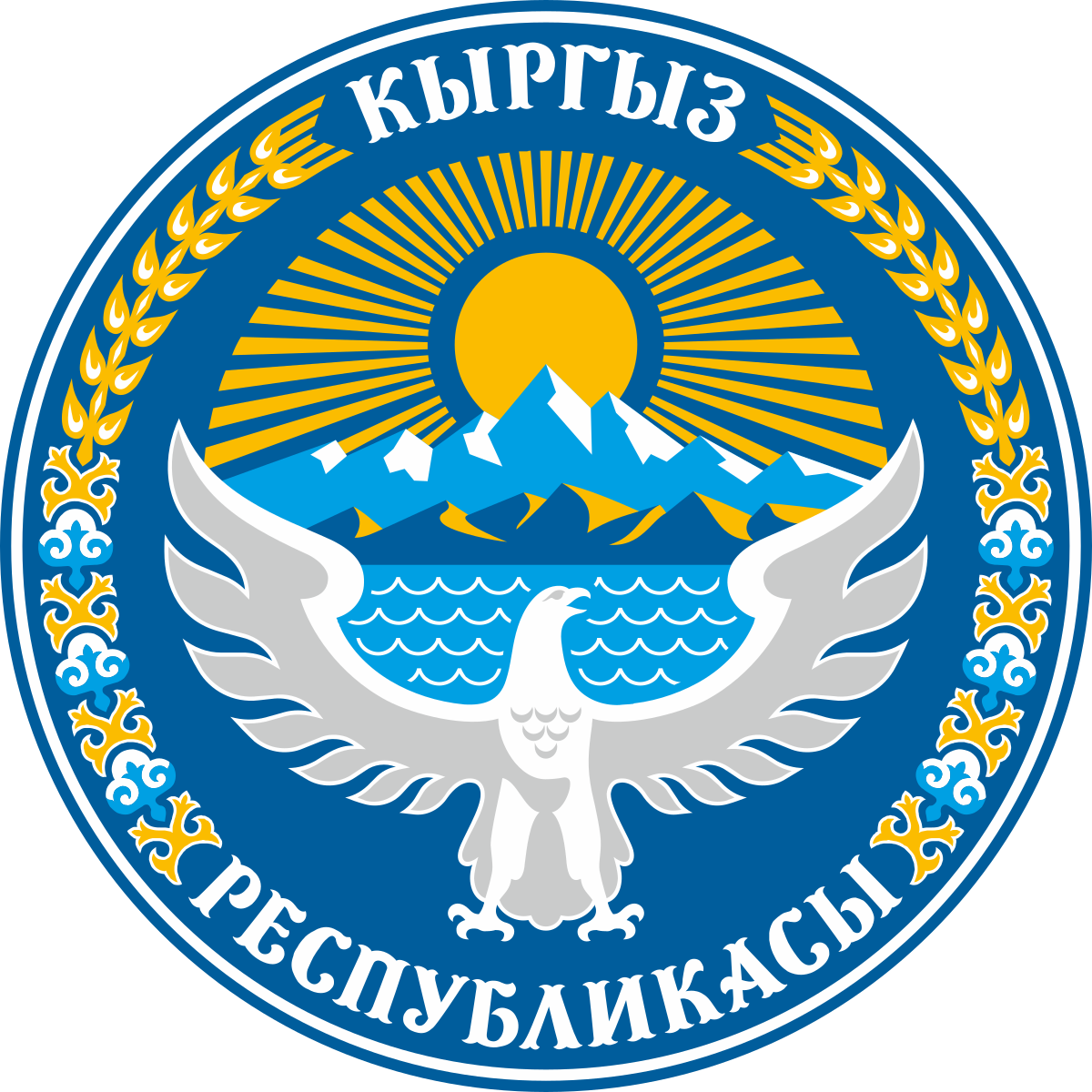A Central Asian country of incredible natural beauty and proud nomadic traditions, most of the territory of present-day Kyrgyzstan was formally annexed to the Russian Empire in 1876. The Kyrgyz staged a major revolt against the Tsarist Empire in 1916 in which almost one-sixth of the Kyrgyz population was killed. Kyrgyzstan became a Soviet republic in 1936 and achieved independence in 1991 when the USSR dissolved. Nationwide demonstrations in the spring of 2005 resulted in the ouster of President Askar AKAEV, who had run the country since 1990. Former Prime Minister Kurmanbek BAKIEV overwhelmingly won the presidential election in the summer of 2005. Over the next few years, he manipulated the parliament to accrue new powers for the presidency. In July 2009, after months of harassment against his opponents and media critics, BAKIEV won reelection in a presidential campaign that the international community deemed flawed. In April 2010, violent protests in Bishkek led to the collapse of the BAKIEV regime and his eventual flight to Minsk, Belarus. His successor, Roza OTUNBAEVA, served as transitional president until Almazbek ATAMBAEV was inaugurated in December 2011, marking the first peaceful transfer of presidential power in independent Kyrgyzstan's history. Continuing concerns include: the trajectory of democratization, endemic corruption, poor interethnic relations, border security vulnerabilities, and potential terrorist threats.
Under the 2010 Constitution, ATAMBAEV is limited to one term, which will end in 2017. Constitutional amendments passed in a referendum in December 2016 include language that transfers some presidential powers to the prime minister. Disagreement over the constitutional amendments compelled ATAMBAEV’s ruling Social Democratic Party of Kyrgyzstan to dissolve and create a new majority coalition in the Jogorku Kengesh that excluded opposition parties critical of the amendments.
Kyrgyzstan is a parliamentary republic.
Source: CIA World Factbook
Members:
Resources
Displaying 81 - 85 of 85Ministerial Decree No. 427 validating the Regulation on purchase and sale of the plots of agricultural land.
Purchase and sale of the plots of agricultural land shall be carried out by the owners. In case of purchase and sale by the third parties they must be in possession of notarized letter of authorization. Purchase and sale of public agricultural land shall be carried out through auction sale while private agricultural land shall be purchased and sold directly by agreement between vendor and buyer without any authorization. Maximum area of a single plot of agricultural land shall not exceed 50 hectares.
Ministerial Decree No. 360 validating the Regulation on allotment in lease and management of pasture.
This Ministerial Decree validates the Regulation on allotment in lease and management of pastures, the form of contract on lease of the pasture areas for stockbreeding purpose, lease of pasture areas for other purposes, form of forest land plot usage permit for silvopastoralism. Pasture areas allotted before 16 June 1999 for long-term use shall remain in use of the lessees until 2025. Lessee shall have the right to use waterbodies in accordance with the established limits.
Ministerial Decree No. 183 validating the Regulation on the State Agency for the Registration of Immovable Property.
The State Agency for the Registration of Immovable Property shall be the authorized state institution carrying out coordination and control of the common state registration system of immovable property in the sphere of regulation of land relations.
Ministerial Decree No. 750 validating Transitory provisions regulating land relations.
This Ministerial Decree regulates purchase and sale of agricultural land, organization of auction sale thereof, and the modalities of calculation of rent for lease of public agricultural land. Purchase and sale of the plots of agricultural land shall be carried out by the owners. In case of purchase and sale by the third parties they must be in possession of notarized letter of authorization. Agricultural land contaminated by chemicals and radioactive substances to the degree exceeding the established contamination levels shall not be subject to sale.
Ministerial Decree No. 461 validating Model Regulation on allotment in lease of agricultural land.
The Ministerial Decree regards allotment in lease of agricultural land pertaining to the Special Fund of consisting of agricultural land (except for pastures) pertaining to public property. Allotment of the public agricultural land shall be carried out through tender. The winner of tender shall acquire the right to conclude lease contract in accordance with the terms and conditions of tender within ten days from conclusion of tender and legalization of its outcome.


